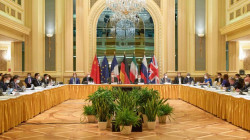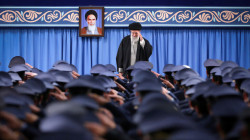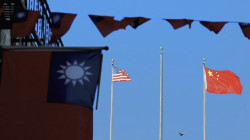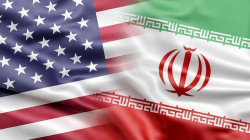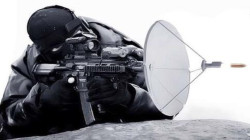The corridor wars: A geo-economic competition shaping global dynamics
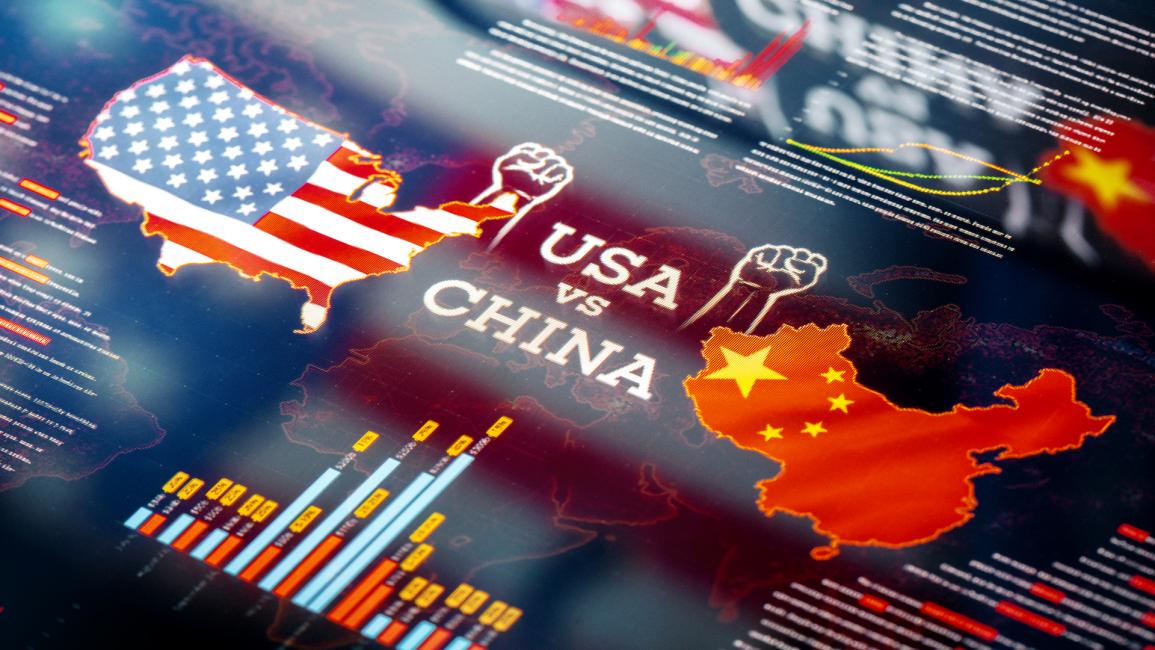
Shafaq News / According to an analysis report by Eurasia Review, the ongoing war of corridors reflects significant competition among the United States, Russia, and China. Simultaneously, it is expected to bolster the economic situation of impoverished countries and enhance international and regional connectivity.
The report noted that the geopolitical and geo-economic rivalry among major powers continues, with these countries striving to penetrate the global market through soft power measures.
It emphasizes that the corridor wars are intensifying competition between states, especially between the United States and China, as they seek to confront each other through their respective allies. However, this competition also promotes regional and international interconnectivity among countries.
In this context, the report suggested that this rivalry should be seen as a ray of hope for poorer nations lacking technology and capital to harness their strategic resources due to limited investment in their countries.
The report highlighted the signing of the Indian Middle East Europe Corridor (IMEC) economic corridor memorandum by India, Saudi Arabia, the United Kingdom, the United States, France, the United Arab Emirates, Germany, Italy, and the European Union during the G20 meeting on September 9-10. The project aims to enhance trade, digital connectivity, and energy linkages among these countries, serving as a massive geo-economic and geopolitical endeavor that will connect the Indian Ocean and the Pacific Ocean regions to the Middle East and Europe through transportation and logistics networks.
The IMEC economic corridor will extend from Mumbai to Dubai by sea and will further extend to Haifa in Israel, from where goods and products will be transported to Europe. It is estimated to reduce the trade route between India and Europe by approximately 40%.
However, the report noted that during the signing ceremony, the powerful members of the G20, specifically China, Russia, and Turkey, were absent and refrained from voting due to their exclusion from the project.
The report also mentioned the United States-led "Build Back Better World (B3W)" initiative launched last year, with a total value of $40 trillion. Despite its stagnation so far, it can be seen as a response to China's Belt and Road Initiative (BRI).
The Belt and Road Initiative is considered one of the giant corridors among several others that pass through Central Asia, Europe, the Middle East, and Africa, covering 150 countries with a third of the world's population residing in them. It includes a network of railways, roads, maritime routes, and has six major corridors, including the China-Pakistan Economic Corridor (CPEC). The initiative comprises 2600 projects with an estimated cost of $100 billion, expected to rise to $1.3 trillion by 2027.
Additionally, there is another corridor known as the North-South International Transport Corridor, signed in 2000 between India, Iran, and Russia, later joined by Turkey, Azerbaijan, and eight other countries.
Furthermore, there is the Iraqi-Turkish corridor (Development Road), costing approximately $17 billion, connecting Basra to the Turkish border, with parallel railway and road networks spanning 1200 kilometers.
In conclusion, while the current corridor wars are a significant source of competition between the United States, Russia, and China, they are also expected to benefit poorer nations and promote international and regional connectivity. Many countries are members of both the Belt and Road Initiative and the Indian Middle East Europe Corridor, while China and the United States are seeking to strengthen their relations with the Middle East, the European Union, Africa, and even India. Therefore, it is important to consider the ongoing corridor war of geopolitical and geo-economic competition as a compelling opportunity.
